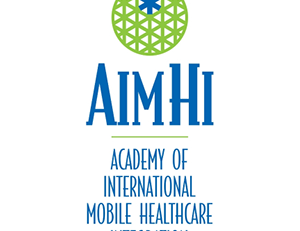Paramedic Chiefs of Canada White Paper: Discussion on 10 Guiding Principles for Paramedicine in Canada | February 4th
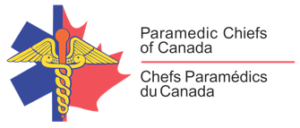
Paramedicine in Canada has experienced significant growth in recent years leading to increasingly larger differences between how we and the public think of our profession and real-world needs and practices. As a result, evolution of the profession has been rapid, with a need to examine nationally where we have been, to rethink what paramedicine is in Canada and what guiding principles might best serve the profession’s future enactment, stability and evolution.
In this session, we presented the results of research study that has led to the generation of 10 guiding principles for paramedicine in Canada to consider in structuring the profession’s transition and evolution. Collectively, these principles provide a national coordinated vision and guidance on how to proceed within paramedicine in Canada, while permitting enactment in ways that are sensitive to local and contextual variation.
Speakers:
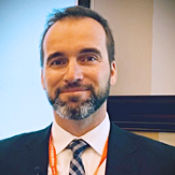
Dr. Walter Tavares is a Scientist at the University of Toronto, Paramedic with York Region Paramedic Services, Research Director with the Ontario Paramedic Association, and Educator in the Paramedicine Program offered jointly between Centennial College and the University of Toronto. His PhD is in Health Services Research with a specialization in Education. Over the last 24 years Dr. Tavares has held numerous national, provincial and international leadership, scholarly and educational roles in Paramedicine, contributing to a number of advances in the system. His program of research in Paramedicine explores advances in models of care broadly and educational innovations. He is currently Chair of the McNally Project, a grassroots national research capacity building strategy, helping to lead many of the next generation’s academics in paramedicine.
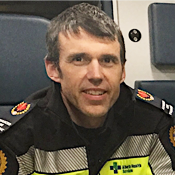
Dr. Ian Blanchard has worked in Emergency Medical Services (EMS) systems in Canada and the United Kingdom for the last twenty-five years in various capacities, including as an Advanced Care Paramedic, quality assurance strategist, and researcher. He is the Scientist for the Alberta Health Services (AHS) EMS system, and the provincial co-chair of the AHS EMS Research Committee. He is also an Adjunct Assistant Professor with the Department of Community Health Sciences, in the Cumming School of Medicine at the University of Calgary. In these capacities, Dr. Blanchard is working with a dedicated group of individuals to build the science, research and knowledge translation enterprise of EMS systems and the paramedic profession.
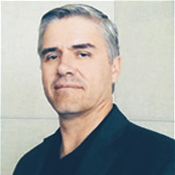
Dale Weiss is currently an Executive Director of EMS for Alberta Health Services and is responsible for Operations in the Edmonton Zone. In addition to 26 year in EMS of which he has held various management positions since 2001, Dale holds a Master’s Degree in Leadership from Royal Roads University. In Alberta’s provincial EMS system that is integrated with its five zones, Dale is the EMS representative for the Senior Leadership Team for the Edmonton Zone and also participates in the Patient Safety and Quality Committee for the area as well as being the Executive Sponsor for the Provincial EMS OH&S committee and the EMS representative for provincial collective bargaining. Focused on collaborative research that improves patient care in the field, Dale has been a long-standing member on the Vital Heart Steering Committee that has produced a decade of evidence that resulted in thrombolytic therapy becoming a standard of care for the area.

Nicola Cavanagh began her career in EMS in 2001 as a Primary Care Paramedic in Calgary. Since 2010, she has held roles in program development, policy, quality assurance, and research, in both EMS and Continuing Care. She is a graduate of the University of Calgary, with an Honors degree in Philosophy, and a Master of Science in Critical Care Medicine. She is currently in the second year of her PhD in Community Health Sciences, with a Health Services Research specialty. Her research has focused on the psychological impact of EMS work, ethical practice and moral injury in paramedics, and knowledge synthesis.
For further information visit www.paramedicchiefs.ca
Webinar Date: February 4 | Recording Available


